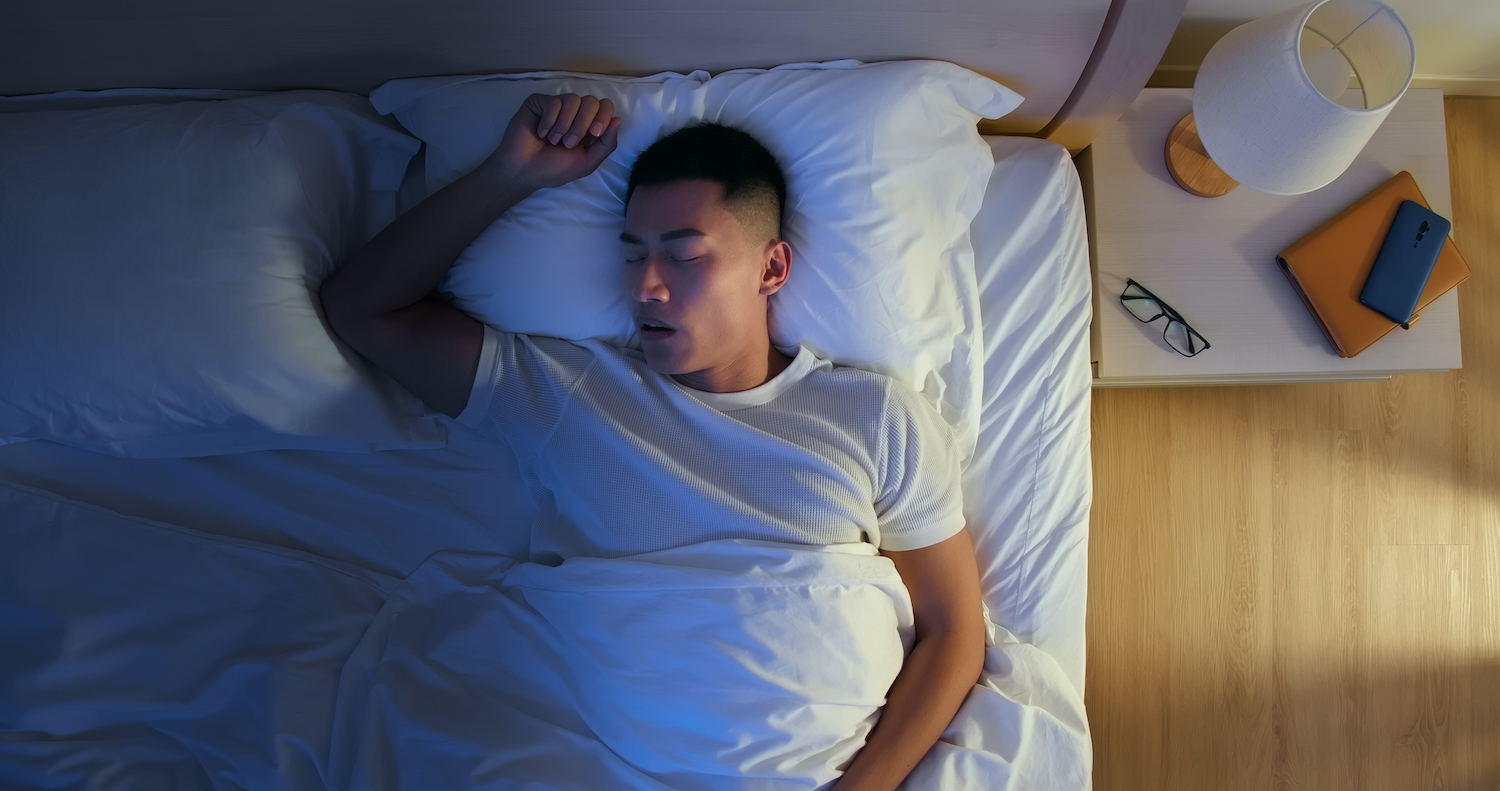
Who Is Most at Risk for Developing Sleep Apnea?
March 31, 2023 8:00 amMany people experience poor quality sleep at night. They snore, wake up gasping for air, toss, and turn, and subsequently suffer from sleepiness, irritability, headaches, and more during the day. These symptoms can point to a sleep disorder called obstructive sleep apnea.
Warning Signs of Sleep Apnea
Sleep apnea disrupts your sleep quality and the flow of oxygen to your body when you’re asleep. In turn, it can negatively affect your overall health and quality of life.
Obstructive sleep apnea is when air can’t properly flow into or out of the upper airways because they are physically blocked. Central sleep apnea, which is less common, is when the brain doesn’t send the right signals to the muscles that control breathing. These can also occur in combination.
Since sleep apnea occurs when asleep, many individuals who have sleep apnea don’t even know it. Knowing the warning signs of sleep apnea can help you determine if you need to seek a diagnosis from a healthcare professional. Some of the most common signs and symptoms of sleep apnea include:
- Loud snoring
- Waking up with a dry mouth and/or sore throat
- Difficulty staying asleep or regularly waking up during the night
- Morning headaches
- Excessive daytime sleepiness
Who Is at Risk for Sleep Apnea?
Certain factors can increase your risk of developing sleep apnea, including anatomy, genetics, and lifestyle. For example, individuals with large tonsils, a deviated septum, or a small mouth and throat can struggle with breathing during sleep. Individuals who carry extra weight are also at increased risk for obstructive sleep apnea. Additionally, disordered breathing and airway obstruction can be associated with jaw misalignment, high blood pressure, and other health issues, like allergies.
Schedule a Sleep Consultation with Dr. DeSaix!
Do you have any characteristics of those who may be at risk of sleep apnea? Get in touch with our team at RespAir Sleep. Please check out our patient resource page for more helpful information!
Categorised in: Sleep FAQ

